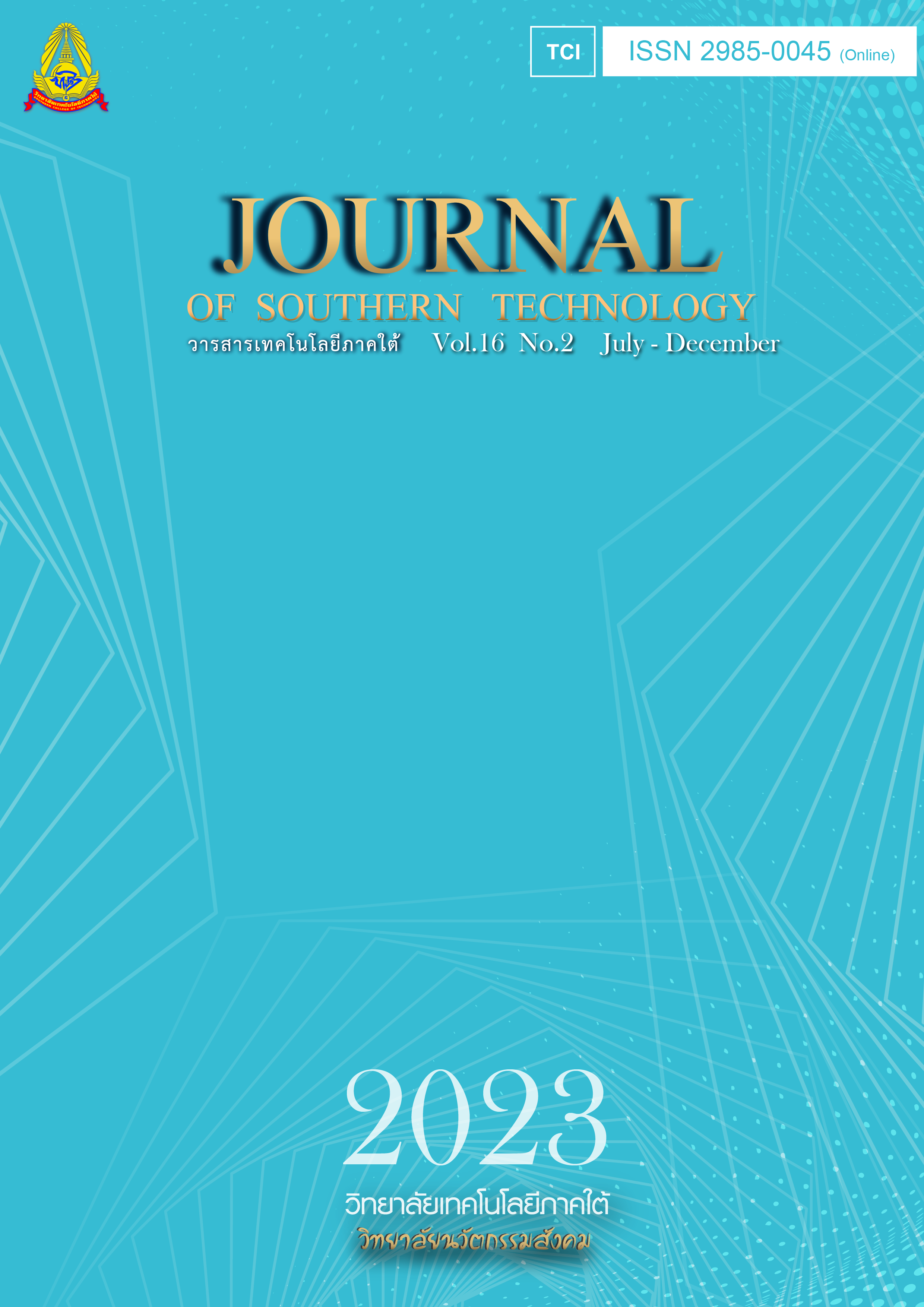Tourism System: Driving through Hospitality
Main Article Content
Abstract
The objective of this article is to provide knowledge and understanding about “hospitality” issue which plays an important role to drive and combine characteristics of hospitality demand through professional service providers of tourism supply with Thai hospitality being able to develop as universal hospitality. The contents are synthesized from related literature review concerning tourism definition confirming correct understanding of tourism components, tourism destination components, tourist as a center of tourism system, hospitality in tourist demand, background, definition, significance and characteristics of hospitality which the service providers should have. They should meet tourist demands in tourism and service businesses in the system. This will result in sustainable growth in both tourism industry or people industry and hospitality (hospitable) industry. The important mechanism for driving hospitality energy is knowledge, capability and skills of professional or hospitable personnels who need the study and training to develop practical work in many professional dimensions from academic institutions and tourism and hospitality stakeholders. The important mechanism for driving hospitality energy is knowledge, capability and skills of professional or hospitable personnels who require proper job training and development in many professional dimensions from academic institutions and tourism and hospitality stakeholders.
Article Details

This work is licensed under a Creative Commons Attribution-NonCommercial-NoDerivatives 4.0 International License.
-
Authors must agree to the journal publication rules and allow the editors to edit the manuscripts for publication.
-
Author’s right belongs to the author but Journal of Southern Technology holds the right of first publication and thus allow readers to use the article for the purpose of education but not commercial.
References
Amadeus and Frost & Sullivan. (2016). Future Traveller Tribes 2 0 3 0 Building a More Rewarding Journey 2016. Retrieved September 5, 2016, from https:// amadeus. com/ documents/en/blog/pdf/2015/07/amadeus-travellertribes-2030-airline-it.pdf [in Thai]
Cornwell – Smith, P., & Gross, J. (2005). Very Thai : Everyday Popular Culture / Philip Cornwell-Smith; Photographs: John Goss & Philip Cornwell-Smith. Bangkok: River Books.
Daengbuppha, J., Buddhabhumbhitak, K., & Churyen, A. (2019). Thai Hospitality Development for Creating Competitive Advantage in Tourism and Hospitality Industry (Research Report). TSRI Thailand Science Research and Innovation. [in Thai]
Future Traveller Tribes 2030. (2015). The World is a Book and Those Who Do Not Travel Read Only a Page. Retrieved November, 18 2022, from https://amadeus.com/
Gee, C. Y., Mackens, J. C., & Choy, D. J. (1989). The Travel Industry. New York: Van Nostrand Reinhold. Harrison, J.S., & Enz, C.A. (2005). Hospitality Strategic Management. Hoboken, New Jersey: Wiley.
Hemmington, N. (2007). From Service to Experience: understanding and defining the hospitality business. The Service Industries Journal, 27(6), 747-755.
Johnson, B.W., & Roden, K.F. (2013). Hospitality from the HEART. U.S.A: Beaver’s Pond Press.
King, C.A. (1995). What is hospitality?. International Journal of Hospitality Management, 14(3&4), 219-234.
Kokkhongplu, A., & Kaewnuch, K. (2021). Importance and performance analysis and tourism components in the south of Thailand. Kasetsart Journal of Social Sciences, 42, 275-280.
Kotler, P., Bowen, J. T., & Makens, J. C. (2006). Marketing for Hospitality and Tourism (4th ed.). Upper Saddle River, New Jersey: Prentice-Hall.
McIntosh, R. W., & Goeldner, C. R. (1986). Tourism: Principles, Practices, Philosophies (5th ed.). New York: Wiley.
McIntosh, R., Goeldner, C. R., & Ritchie, B. J. (2007). Tourism: Principles, Practice and Philosophies. New York: John Wiley & Sons.
Morrison, A.M., Lehto, X.Y., & Day, J. (2018). The Tourism System. Kendall Hunt: U.S.A.
Ninemeier, J. D., & Perdue, J. (2005). Hospitality Operations: Careers in the World’s Greatest Industry. New Jersey: Pearson Prentice-Hall.
Nykiel, R.A. (2005). Hospitality Management Strategies. Upper Saddle River, New Jersey: Prentice-Hall.
Ottenbacher, M., Harrington, R., & Parsa, H.G. (2009). Defining the hospitality dieseling: a discussion of pedagogical and research implications. Journal of Hospitality & Tourism Research, 33(3), 263-283.
Pimonsompong, C. (2023). Tourism system: becoming an industry. Journal of Southern Technology, 16(1), 135-148. [in Thai]
Powers, T. (1992). Introduction to Management in the Hospitality Industry (4th ed.). New York: Wiley.
Reuland, R., Choudry, J., & Fagel, A. (1985). Research in the field of hospitality. International Journal of Hospitality Management, 4(4), 141-146.
Rifki, M., & Rahmafitria, F., & Sugito, N. T. (2019). Tourism component evaluation: GIS based analysis towards the qualification of destination planning. Advances in Social Science, Education and Humanities Research, 259, 121-124.
Smith, S.L.J. (2010). Practical Tourism Research. Wallingford: CABI.
Very Thai: Everyday Popular Culture. (2009). Retrieve December 15, 2022, from https://www.se-ed.com, 2016
Wolfe, K., Philips, W., & Asperin, A. (2014). Using hotel supervisors’ emotional intelligence as a benchmark for hospitality students. Journal of Hospitality & Tourism Education, 26, 2-9.
World Tourism Organization. (2007). UNWTO Tourism Highlights, 2007 Edition, UNWTO, Madrid, DOI: https://doi.org/10.18111/9789284413539
World Travel & Tourism Council: WTTC. (2017). Travel and Tourism Economic Impact Caribbean. World Travel and Tourism Council, London.

